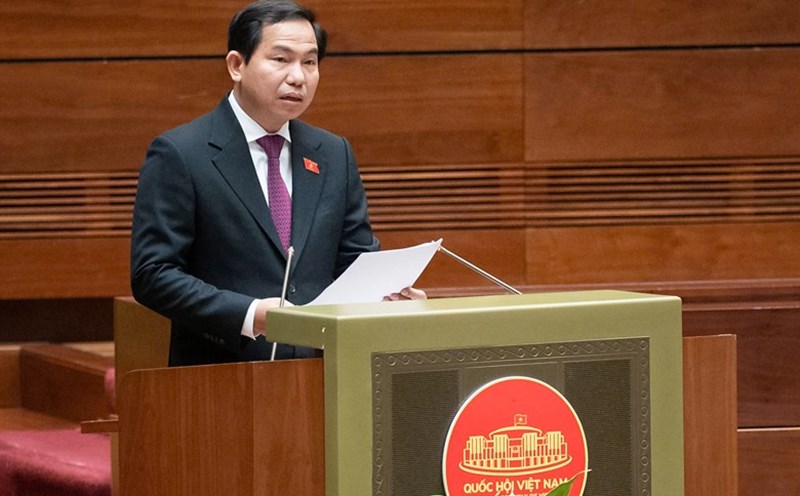The story of justice and responsibility in Korean dramas is always a topic that receives much attention.
Audiences have encountered stories such as the victim taking revenge for being bullied in "Glory in Hate", the judge punishing the perpetrator in "Judge from Hell".
In "I bet you can't handcuff me", a young policeman gives himself the right to "act on behalf of heaven", or in the currently airing work - "Enthusiastic Priest 2".
However, besides addressing social issues, bringing laughter to the audience through creative storytelling and embedded details, there are also many concerns about the impact of self-enforcement of justice on society.
According to the Korea Times, glorifying self-defense risks undermining the legal system and promoting hatred.
For example, the film "Judge from Hell" faced backlash for its overly detailed depiction of Kang Bit Na's brutal punishment of a violent dating offender. The way the film dragged out the "justice-serving" act for more than 15 minutes made many viewers feel uncomfortable.
However, there are still filmmakers who find alternatives to taking justice into their own hands. For example, in the film "The Death of Snow White," which ended in early October, the male lead Jung Woo, despite having to spend 10 years in prison for being wrongly accused of murder, chose to forgive instead of taking revenge when he learned the real culprit.
Speaking about this, director Byun Young Joo said: "I believe that self-reliant justice that ignores the law is dangerous. We deliberately shaped the characters' actions to avoid suggesting spontaneous solutions."
However, Korean newspapers believe that if only 1-2 films follow this pattern, in the long run it will greatly affect the content, creators, and audiences. Therefore, the most important thing is that screenwriters and filmmakers must increase their responsibility, know how to balance entertainment with social and justice issues, and handle them skillfully.











